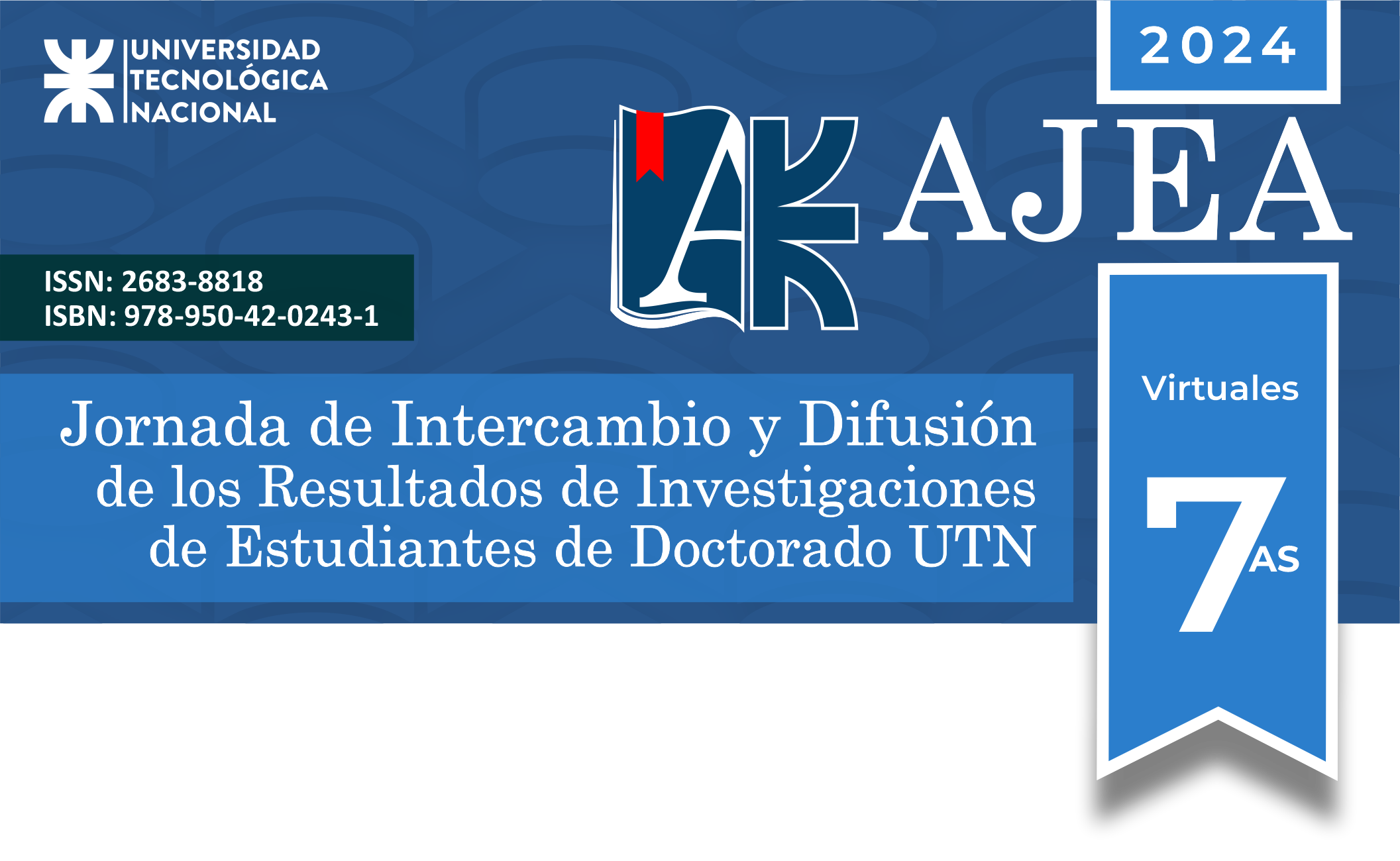A Usability Ontology Based on Good Practices for Conceptual Modeling of Systems
DOI:
https://doi.org/10.33414/ajea.1727.2024Keywords:
Usability Ontology, Conceptual Modeling, Patterns, Scenarios, MetricsAbstract
The efficient construction of more usable applications has become an essential requirement for software construction. This motivated the development of a methodological proposal based on a usability ontology, which allows the incorporation of Usability attributes by integrating them into the software development life cycle using patterns. During the requirements elicitation stage, usability attributes are identified from the Business Process Model. Then, through a series of transformations, they are integrated into scenario models that use the Extended Language Lexicon (ELL). At this point, the analyst requires a method that allows him to know which metrics and patterns to use to satisfy non-functional usability requirements, since the functional ones are contemplated. This gave rise to the development of a new ontology based on standards such as ISO/IEC 25010 (SQUARE). The proposed ontology not only provides metrics for the evaluation of Usability attributes, but also the usability patterns necessary to satisfy the requirements elicited by the information system during the conceptual modeling process.
Downloads
Metrics
Downloads
Published
How to Cite
Conference Proceedings Volume
Section
License
Copyright (c) 2024 Juan Carlos MORENO, Doctorando; Marcelo Martín MARCISZACK (Director/a); Mario Alberto GROPPO (Codirector/a)

This work is licensed under a Creative Commons Attribution-NonCommercial 4.0 International License.










